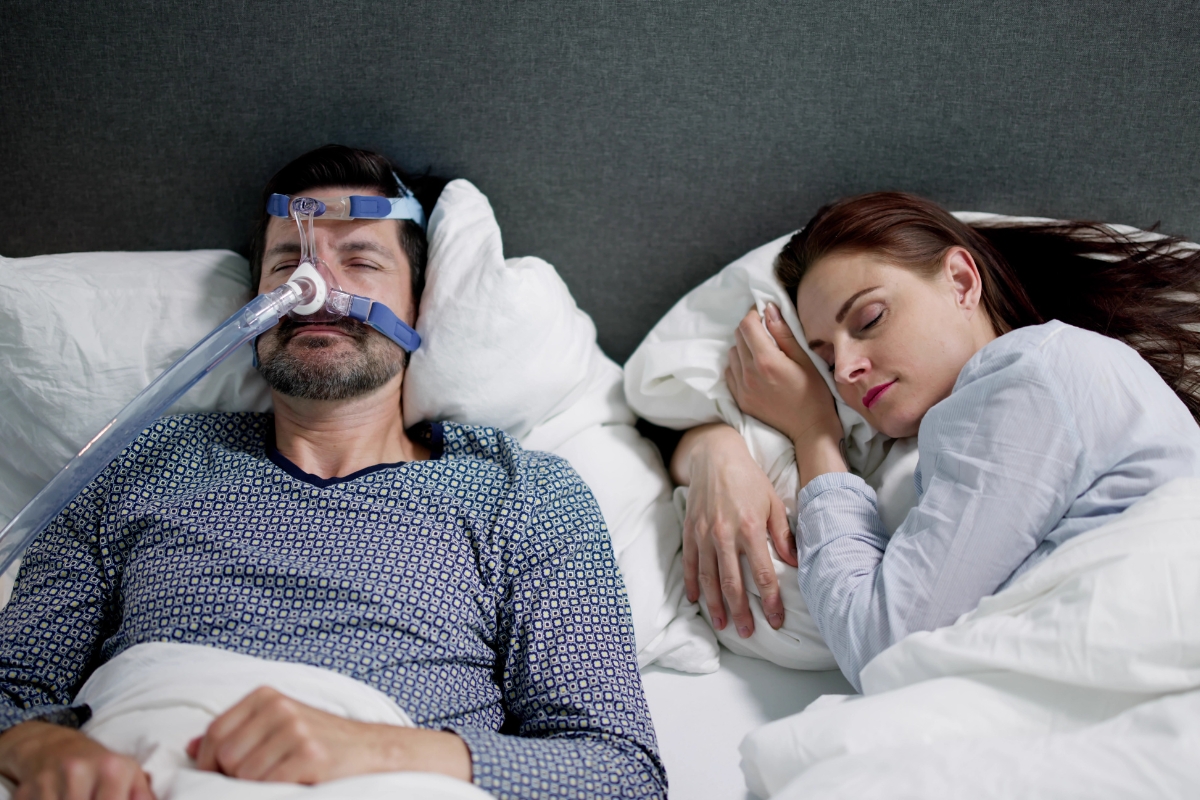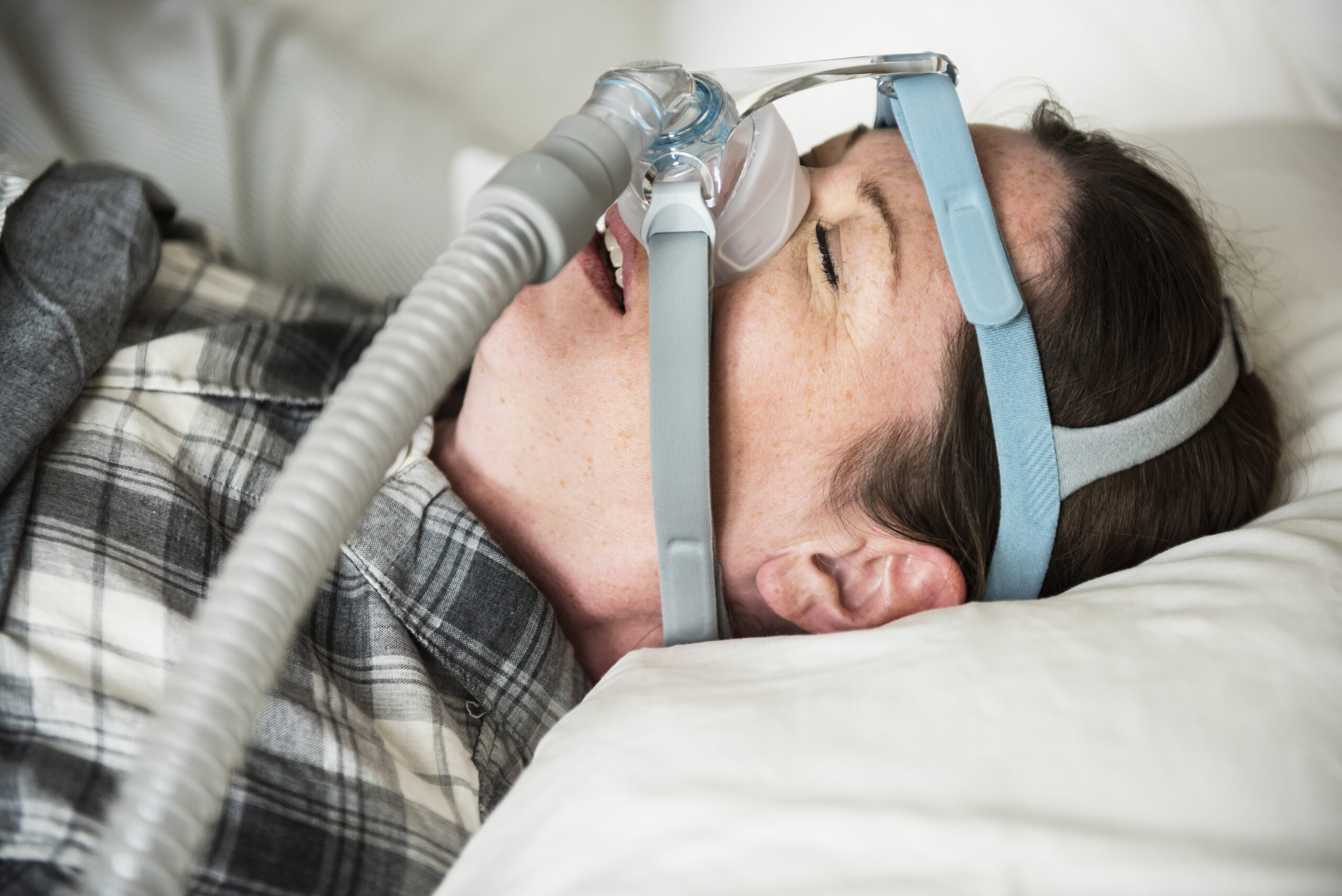


Sleep apnea is a sleep disorder that is very common worldwide. The leading cause of this particular problem is a lack of oxygen intake while sleeping. If your airways are blocked, you will fail to breathe correctly. Although humans primarily breathe through the nose, there is always an option of breathing through the mouth. Sound sleep is necessary for your body to recover from the day’s tiredness. Continuous interruption through your sleep can also lead to other major health concerns. Detecting warning signs of sleep apnea is necessary to prevent complications and quick treatments. Reading this blog will help you educate yourself and your partner about the warning signs of sleep apnea.
Loud Snoring
Although there can be multiple causes for snoring, loud and continuous snoring can indicate sleep apnea in Beverly Hills. Pauses in breathing and gasping sounds during sleep, along with snoring even more prominently, indicate sleep apnea. Subsequent levels of blockages in your airways will lead to loud and continuous snoring. There is also another easy way to determine the levels of snoring. Generally, for those suffering from this particular disease, their snoring can even wake their partner’s sleep. Patients even wake up feeling choking.
Pauses In Breathing During Sleep
Pauses during night’s sleep are a key indicator of sleep apnea. These pauses generally extend for multiple seconds and occur numerous times during sleep. It is almost impossible for sleep apnea patients to detect their problems while sleeping. Partners play a significant role in the detection of early signs. Never take your partner’s findings casually regarding your sleep. You should consult an oral surgeon at the earliest for treatments. Are you aware that multiple patients die in sleep out of choking?
Excessive Daytime Sleepiness
It is common for patients suffering from sleep apnea to feel sleepy throughout the day. Did you know that daytime sleepiness can significantly affect your professional life? Interruptions during sleep obstruct the body’s ability to achieve restorative deep sleep. Falling asleep while driving can be life-threatening. Sleeping adequately and peacefully at night is crucial for your body to function correctly. Over the years, sleep apnea has been one of the leading causes of accidents and decreased productivity.
Morning Headaches
Suffering from headaches while you wake up can again have multiple reasons behind it. While facing this problem regularly, you should not wait to visit a healthcare professional. Generally, lack of oxygen flow in the brain while sleeping leads to such headaches. This situation is broadly termed as hypoxia. There are very high chances of sleep apnea when you face a headache, especially when you know you couldn’t sleep last night.
Difficulty Concentrating and Memory Problems
Sleep apnea can affect cognitive function, leading to difficulty concentrating and memory problems. When your sleep is frequently disrupted, your brain doesn’t get enough rest, resulting in mental fog and impaired focus during the day. You may forget things more often, have trouble concentrating on tasks or feel less sharp than usual. Over time, this cognitive impairment can interfere with your work, relationships, and daily activities.
Seek Treatment for Sleep Apnea
Sleep apnea might not seem like a major problem, but it can significantly affect your personal and professional life. There are always high chances of other health issues like diabetes, heart attacks, and even strokes. Ensure you visit a healthcare professional as soon as possible when you detect any of the above problems. Frequent urination, dry mouth, and high blood pressure can also be signs of sleep apnea. Always remember that early detection and intervention are always key to successful treatments.




